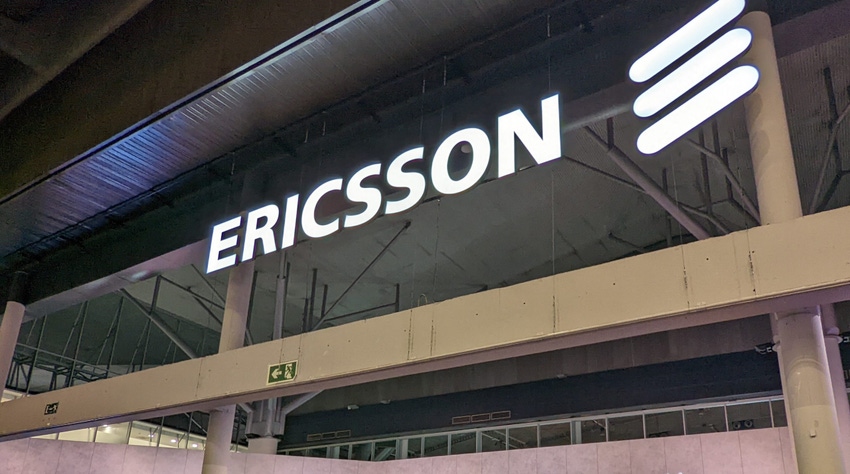Ericsson's $6.2 billion Vonage acquisition delayed by US investigation
Swedish kit vendor Ericsson’s proposed takeover of US cloud unified communications provider Vonage has been pushed back until the end of July due to an ongoing investigation by the US Committee on Foreign Investment.
June 28, 2022

Swedish kit vendor Ericsson’s proposed takeover of US cloud unified communications provider Vonage has been pushed back until the end of July due to an ongoing investigation by the US Committee on Foreign Investment.
The $6.2 billion takeover bid has been cleared by all the other regulatory bodies, however there is an ongoing investigation by the Committee on Foreign Investment which appears to be holding things up. Ericsson is now looking to close the deal by the end of July, having previously hoped to get it done and dusted in the first half of this year, but presumably that’s not a given and whatever the committee decides could have further ramifications.
A statement from Ericsson today reads: “Ericsson continues to work closely with the Committee on Foreign Investment in the United States as it reviews its proposed acquisition of Vonage Holdings Corp. The merger has cleared all other requisite foreign and US regulatory approval requirements, and the parties are working to conclude the regulatory process as expeditiously as possible. Ericsson and Vonage remain fully committed to this transaction and are working towards closing before end of July, 2022.”
Ericsson put the offer in to purchase of Vonage in November last year for the extraordinary sum of $6.2 billion, and it was met with raised eyebrows from some at the time. The desire to bring Vonage under its umbrella seemed to be about leveraging its network APIs and developer pools, as well as key Vonage technology, to put it in a better position to explore new inventions that can interact with 5G networks in the future. What these fancy new applications might be remains undefined, but it’s in line with its previous purchase of enterprise connectivity provider Cradlepoint in 2020.
However Ericsson was thrown unflatteringly into the spotlight earlier this year regarding some alleged dodgy dealings in Iraq and subsequent heat from the US government. An internal enquiry ‘identified evidence of corruption-related misconduct’ in the region. This included: making a monetary donation without a clear beneficiary; paying a supplier for work without a defined scope and documentation; using suppliers to make cash payments; funding inappropriate travel and expenses; and improper use of sales agents and consultants.
Ericsson’s share price dropped significantly in February as more information came to light, which in short infer the kit vendor may have in some way shape or form ended up handing over money to ISIS in Iraq, though it’s board backed the CEO and said all this was in the past and it is turning things around, etc.
The bigger problem was, it already had the beady eyes of US regulatory bodies trained on it by then. Following allegations of corrupt business practices in various regions, it reached a deal with the government in late 2019, referred to as the Deferred Prosecution Agreement, which involved a cash settlement. In March this year it was told by the US Department of Justice that it has breached the terms of that settlement due to fresh information regarding Iraq.
This breach and the subsequent investigations has clearly bled into areas not immediately related to whatever wrong doing was done in Iraq and elsewhere. The announcement today is that the closure of the deal with Vonage has been pushed back to the end of July, but presumably it could be disrupted further depending on what the US Committee on Foreign Investment concludes.
Perhaps a purchase bid for Vonage is entirely integral to the investigation, but it’s not obvious how. Usually when a government gets involved in blocking or slowing down deals like this, there is some sort of inference that it would adversely affect competition by going through, or present a significant security threat, cases which don’t seem to be being made.
Perhaps instead then this is just a consequence of getting on the wrong side of the world’s most powerful government, which has shown many times that it will assert itself into all sorts of commercial matters, which you can certainly make the case sometimes sit beyond what is generally understood to be its jurisdiction.
Get the latest news straight to your inbox. Register for the Telecoms.com newsletter here.
About the Author(s)
You May Also Like











_1.jpg?width=300&auto=webp&quality=80&disable=upscale)


.png?width=800&auto=webp&quality=80&disable=upscale)